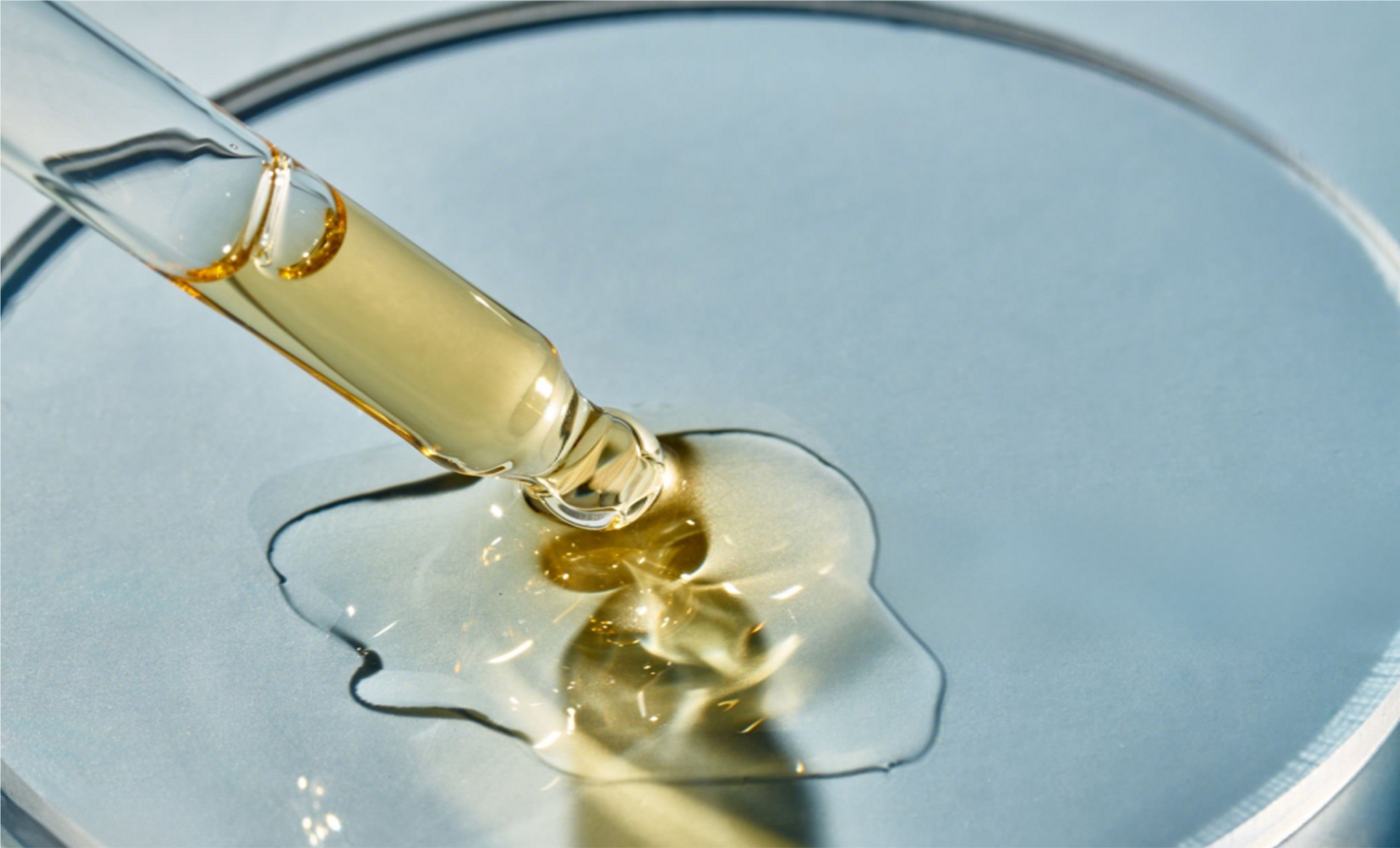
Detailed Introduction of Serum Products
To purchase serum products in the United States, there are several channels available, each offering different price ranges and purchasing methods depending on factors such as ingredients, formulation type, packaging design, and order quantity.
1. Direct Import (Through Manufacturers in China or Other Countries) Channel:
Directly importing serums is a common approach for businesses sourcing skincare products from manufacturers. You can find serum suppliers through B2B platforms like Alibaba, Global Sources, or by attending international beauty and cosmetic trade fairs. Establishing long-term partnerships with overseas manufacturers can help secure better pricing and a stable supply chain.
Price: The cost of serums varies based on ingredients, formulation, and order volume.
Bulk purchase: $2 – $10 per unit for standard hydrating or moisturizing serums.
High-end or custom serums: Prices may exceed $15 – $50 per unit, especially for premium active ingredients like retinol, peptides, or organic certifications, as well as luxury packaging and branding.
2. Wholesale Market Channel:
Major U.S. cities like Los Angeles, New York, and Miami have large wholesale cosmetic markets that offer various serum products, including anti-aging, brightening, firming, and repairing serums. These markets provide businesses the opportunity to connect with wholesalers, negotiate pricing, and discuss shipping and payment terms.
Price: The price of serums in the wholesale market typically ranges between $5 – $25 per unit, depending on factors such as:
Serum type (hydrating, anti-aging, vitamin C, peptide-based, etc.)
Ingredients quality & formulation (natural, organic, clinically tested actives)
Packaging & branding (custom bottles, luxury designs, eco-friendly materials)
Bulk purchase discounts that can significantly reduce per-unit costs.
